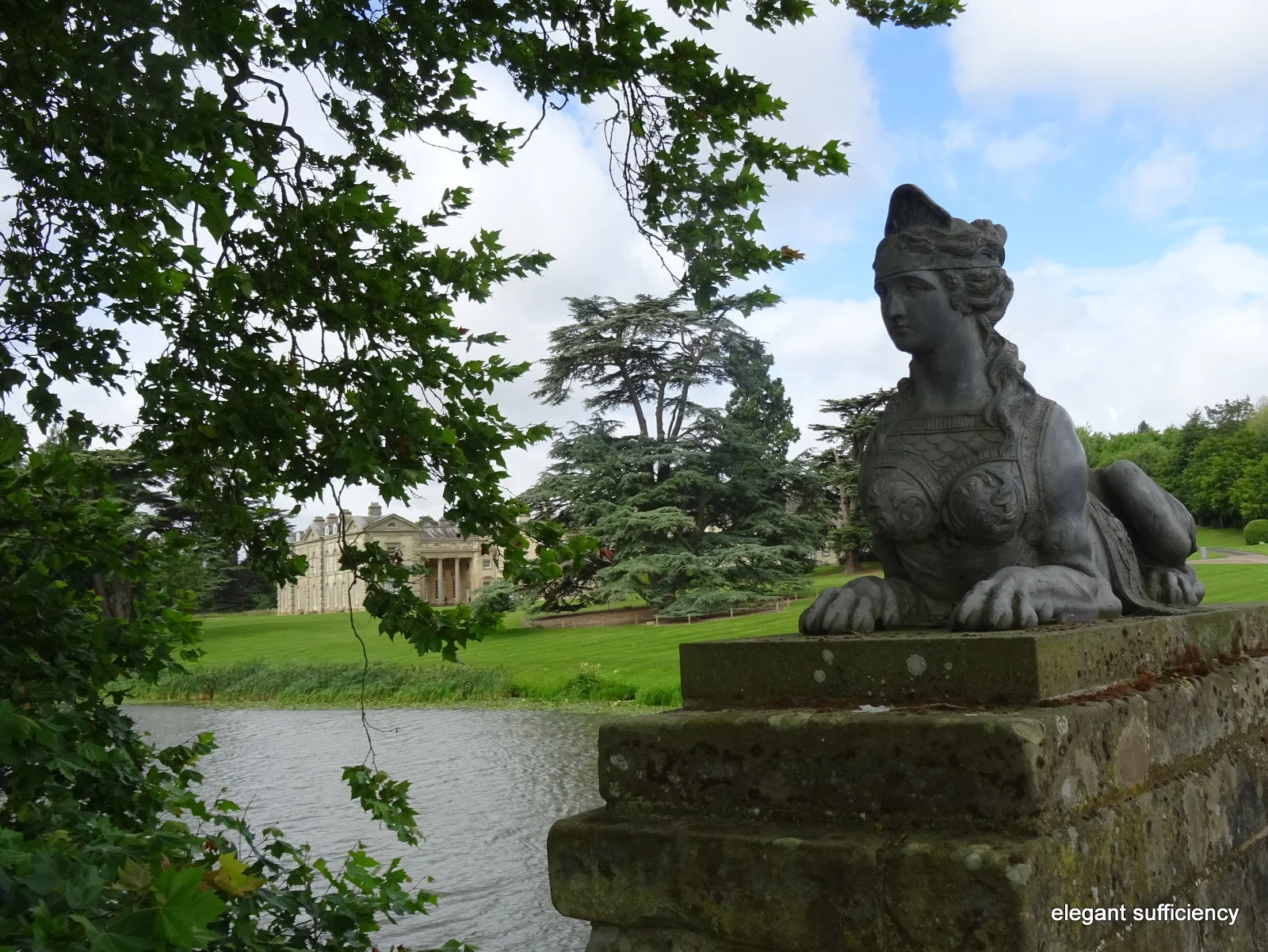Grandad's War
He never spoke about it much, though he wore his silver war badge on his jacket lapel proudly, even though by the time I was around it was already a long time ago. Sadly, I've come to his story all too late to ask him about it, though I wonder just how much he'd want to remember.
Ernest - or Ernie, as everyone knew him - had been brought up on a farm in Holderness, East Yorkshire, the second youngest in a family with eleven children. This is one of only a handful of pictures I have of him, maybe offering an insight to his life at home where he was surely expected to pull his weight from quite an early age.
I don't have any more details of his life before the war, but have learned from the army research officer that he enlisted with the Lancashire Fusiliers in September 1915 aged 19. He was initially sent to the 3rd Training Battalion of the Lancashire Fusiliers stationed at Withernsea, just down the road from his home at Sunk Island, near Patrington East Yorkshire but was then posted to the 2nd/8th Btn in March 1916, stationed in Tunbridge Wells, Kent.
His unit was sent to France in February 1917 and according to army records, his battalion attacked the German lines on the 9th October at Poelcappelle, Passchendaele, Belgium, where he was wounded in the shoulder. He was first sent to the field hospital at Ypres then to Southampton Royal Victoria Hospital from where he was discharged. Clearly, his wound proved to be troublesome, for the picture above is one side of a postcard which was sent to him in Altrincham Hospital on the 20th February 1918 by his sister, Lucy, who reassured him that he was not forgotten and that Father and Mother were planning to visit him the following Saturday. I wonder how he felt to see the picture on the card, of the village war memorial being unveiled by - I assume - a group of people he recognised from home?
The next photograph tells the outcome and shows Ernie with his fiancee Lily - my Nan - for thankfully, he made a good recovery and spent the rest of his life in Hull, working first for the railways and then for the Customs and Excise Service, where he was awarded a long service medal. This is how I remember him, playing bowls in the park, riding his bicycle along Newland Avenue and slipping a sixpence into my pocket with a whispered "don't tell your Nan". He retired from the Customs and died from a heart attack in 1980, aged 83.
It was tracking down the record card for his Silver War Badge that proved key to finding out about his role in WW1. The commemorations of the start of the dreadful series of events at Ypres recently were a reminder of how fortunate he was to come home when so many did not.
A hundred years ago today, then, since this sweet man, "You Ernie!" was there a few miles from the front line in Coxyde, Belgium where British troops had taken over from the French defence of that part of the coast. I googled a little to discover what was going on in that area in August 1917, curious to know what kind of situation he was facing. In finding out more about what happened, I've come to realise why he never said much about it all. It really is too awful to contemplate.















